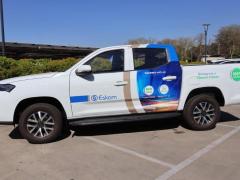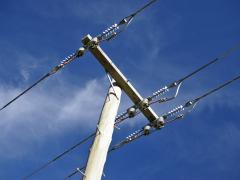Eskom’s Research, Testing and Development division has presented new progress in its ongoing multi-vendor smart metering interoperability project, which demonstrates that South Africa’s local prepayment requirements can be successfully integrated within global smart grid standards.
The initiative, outlined by Senior Advisor Shawn Papi at the CIGRÉ Southern Africa Regional Conference in Pretoria from October 14-17, aligns with the device language message specification and companion specification for energy metering (DLMS/COSEM) and the standard transfer specification (STS101-2) standards.
The interoperability project supports Eskom’s broader plan to deploy an advanced metering infrastructure as part of efforts to modernise electricity distribution, reduce non-technical losses and improve demand-side management. The utility reports that the laboratory and testing phase of the project has been completed while national deployment is still under consideration.
Papi explained that, while global interoperability specifications such as IDIS 2 and the Great Britain Companion Specifications, do not support prepayment models governed by IEC 62055-42 (STS), Eskom extended the IDIS object model to include token-based prepayment. This was achieved in collaboration with the STS Association, integrating prepayment operations directly into the DLMS/COSEM framework.
“This move effectively localises an international standard to suit South African market realities while maintaining global compliance,” said Papi.
To validate interoperability across suppliers, Eskom developed an in-house testbed incorporating a DLMS client, G3-PLC gateways and protocol analysers. Using standardised test scripts, the team evaluated how different vendors’ meters implemented prepayment functions, resolving several non-conformances through iterative testing.
Papi said the initiative reduces reliance on proprietary systems, encourages competition among suppliers and supports consistent, test-driven development for future smart grid deployments.
“This approach could set a new benchmark for smart metering interoperability in South Africa and potentially accelerate adoption across the region,” he said.












